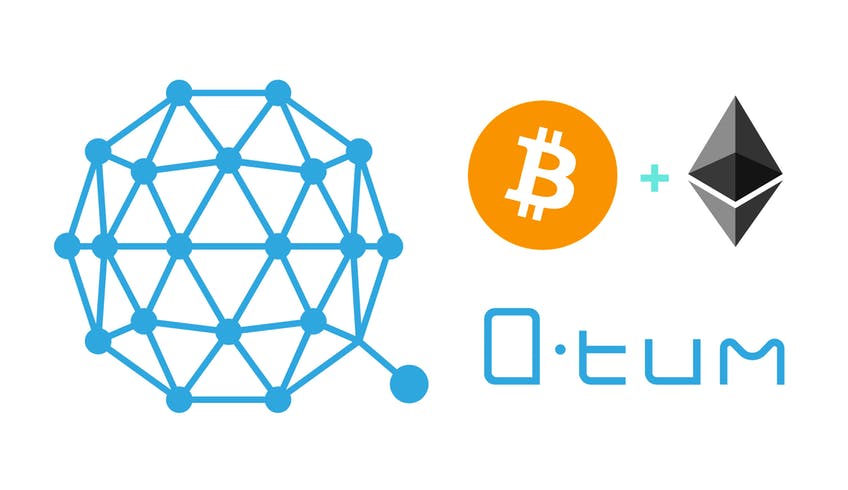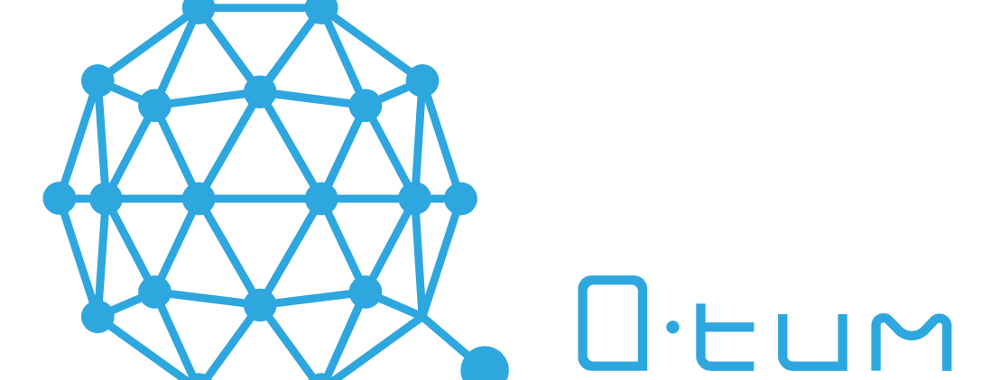In order for blockchain technology and cryptocurrencies to become common in the business marketplace, they need to be easy to adapt to. If businesses have to do a ton of legwork and waste a lot of time to move into using blockchain technology, many will be reluctant to do so.
As a result, some platforms and ecosystems have been created with the goal of making blockchain easy to adopt. One of those technologies/platforms is QTUM (pronounced quantum), and this article will take a closer look at what it is, its features and so much more.
What is QTUM?

As we briefly touched on in the opening, QTUM is a Singapore-based blockchain technology that is all about making it easier for businesses to build and execute smart contracts. QTUM will do this through a variety of different templates, tools and other options. Currently, they are primarily focusing on the Asian market, especially China, but they are currently a top 20 coin according to their total market cap. This is promising as it shows people are responding well to the coin, ecosystem and platform.
QTUM also combines two of the biggest cryptocurrencies on the planet as it is able to combine Ethereum’s smart contracts on top of the secure and stable blockchain of Bitcoin. QTUM hopes that this combination increases the interoperability of smart contracts for businesses. It uses the innovative technology of Ethereum along with the stability of Bitcoin.
Anyone can use QTUM, as it provides a simple way to create decentralized applications that truly work, and on any device. However, they are definitely more focused on the smart contracts side of things. Their ultimate goal is to assist businesses in the transition from traditional and aging systems over to blockchain solutions. This could happen in a wide number of ways from a company creating their own token, or them simply using blockchain to help in their supply chain management.
The Features of QTUM
There are many features and benefits of QTUM, and we will focus in on five of them, which the company feels are among the most important.
- QTUM lets you build decentralized apps that you can trust. By leveraging the great things about both Bitcoin and Ethereum, QTUM is hoping to provide the best of both worlds. QTUM was built with stability and interoperability in mind, and thus is suited for all different type of business applications. It also has a completely new and unique PoS protocol, which makes QTUM applications compatible with other blockchain ecosystems.
- QTUM will make it easier than ever for legacy companies to get their feet wet in the blockchain space, thanks to their smart contracts. QTUM will allow companies to make their own tokens, automate their supply chain or do a number of different things, as well. They also standardize the workflow for smart contract development, and hope to offer secure and tested smart contract templates for a variety of different industries and uses.
- Building off of the Bitcoin UTXO model, the SPV (simple payment verification) protocol is supported by default by QTUM. Because of this, lite wallets (which can be installed easily on most mobile devices) can also execute smart contracts. This could usher in a new age of decentralized applications on mobile devices. With a ton of people using mobile devices as their primary devices, the ability to utilize blockchain technology on these devices could be revolutionary.
- As you can imagine, deploying the EVM (Ethereum Virtual Machine) on the Bitcoin blockchain is a serious technological challenge. This is because EVM is built on a system that utilizes user account balances. QTUM features an Account Abstraction Layer (AAL), which proves to be the solution to this problem. It basically converts the blockchain outputs into account balances, which lets the transfer of information take place.
- Even if the system is updated, QTUM will maintain cross-platform and backward compatibility. This will ensure it will always work with both the Bitcoin blockchain as well as existing Ethereum contracts.
While these are not the only features within QTUM, they are the most notable and important. If you want to learn all the technical details and understand more about the inner workings of QTUM, be sure to check out their whitepaper.
The QTUM Token
As mentioned earlier in the article, QTUM is one of the top 20 cryptocurrencies according to their total market cap. They successfully held their ICO in March and April of 2017. The token within the QTUM ecosystem and platform is also called QTUM. It is a utility token that is required to utilize the services and features of the ecosystem. Of course, it can also be held as an investment and traded like any other cryptocurrency, as well.
The Team at QTUM

The team behind QTUM is an impressive one and is based in Asia. The team at QTUM is quite young (which is common for blockchain-based solutions and platforms), but have experience with the technology, and are aware of what the future holds in terms of potential issues or other roadblocks.
Not only is their team made up of people from both the Bitcoin and Ethereum communities, as well as those from traditional companies including Alibaba and Tencent. The team at QTUM is led by CEO Patrick Dai. Dai dropped out of his doctorate degree at the Chinese Academy of Sciences to work on this project. He was previously employed at Alibaba, has a lot of experience with blockchain tech and is committed to developing blockchain solutions.
Behind Dai, the team is made up of over a dozen other individuals with decades and decades of experience in a number of different industries like software, blockchain, development, design and more.
In addition to their team, QTUM is backed by a number of different experts. They have been backed not only by some of the largest players in Chinese technology, but also blockchain experts and venture capitalists, as well.
In conclusion, QTUM has the potential to make the transition to blockchain technology easier for all different kinds of companies. While there are of course some issues that they could be faced with, QTUM seems poised to be one of the premier entries into the business smart contracts market.


